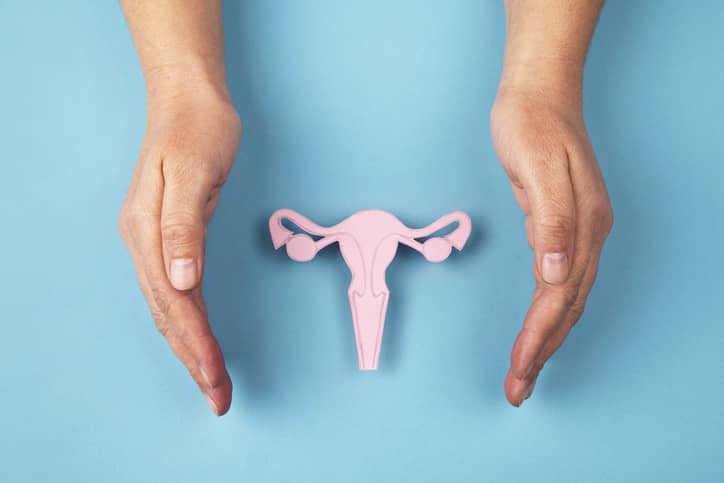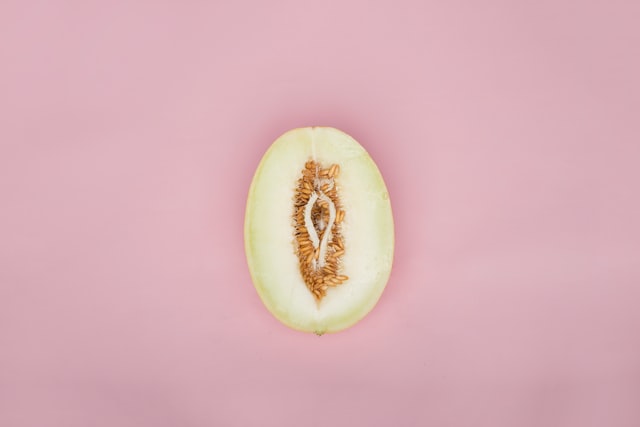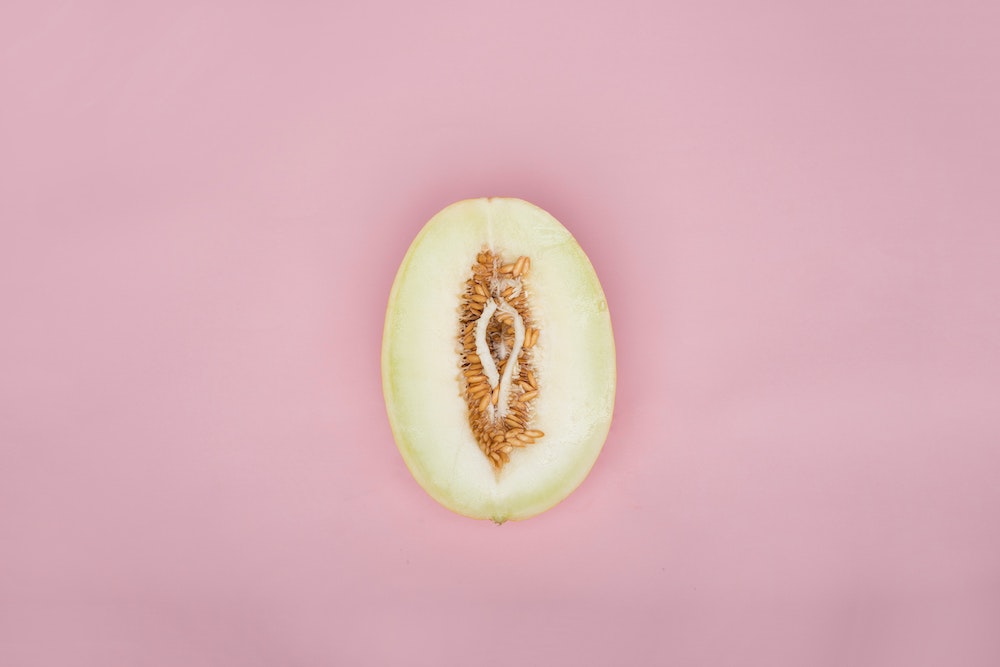The vagina is designed to keep itself healthy and prevent infection, which it does with the help of vaginal discharge.
Here you will find out what normal vaginal discharge looks like, what affects vaginal discharge, and when to worry about vaginal discharge.
What does normal vaginal discharge look like?
Healthy vaginal discharge should be:
- clear or white
- slippery and wet
- thick and sticky
- without a strong or unpleasant odour
If your discharge changes, it could be a sign of infection, so you should see a doctor.
Is vaginal discharge affected by hormone levels?
Vaginal discharge is affected by hormone levels and it will change throughout your menstrual cycle. After ovulation the amount of vaginal mucus you produce may increase, and usually this continues until you start your period.
Is vaginal discharge a symptom of pregnancy?
Yes, vaginal discharge can be a symptom of pregnancy. It is normal for the amount of vaginal discharge to increase during pregnancy due to hormonal changes and more blood being supplied to the vulval tissues.
Normal vaginal discharge during pregnancy should be thin, milky coloured or clear, and it shouldn’t have an unpleasant odour.
In the lead up to labour your discharge may have pink ‘jelly-like’ mucus in it, which is known as ‘show’. This is a sign that your body is preparing to give birth.
How to stop vaginal discharge
Vaginal discharge can be perfectly normal, and usually isn’t something you need to get rid of. However, if your vaginal discharge changes in colour, texture, or consistency, or if you have an itch or a burning sensation in your vagina or vulva, you should see a doctor because this could be a sign of infection.
If your vaginal discharge bothers you, or is excessive, panty liners may help you feel more comfortable.
To prevent irritation from vaginal discharge, make sure you wash your vulva gently with water and plain soap, and use an emollient such as E45 cream.
You should avoid perfumed products, vaginal deodorants, douching, and scented hygiene wipes.
When to worry about vaginal discharge
If there are any changes to the smell, texture, or colour of your vaginal discharge you should see a doctor.
You should also see a doctor if:
- the amount of vaginal discharge increases
- you feel itchy or sore
- you bleed between periods or after sex
- it’s painful to pee
- you have pelvic pain (pain between your tummy and thighs).
Keen to read more on this subject? Check out our earlier blog Feminine hygiene: The vaginal health myth.




